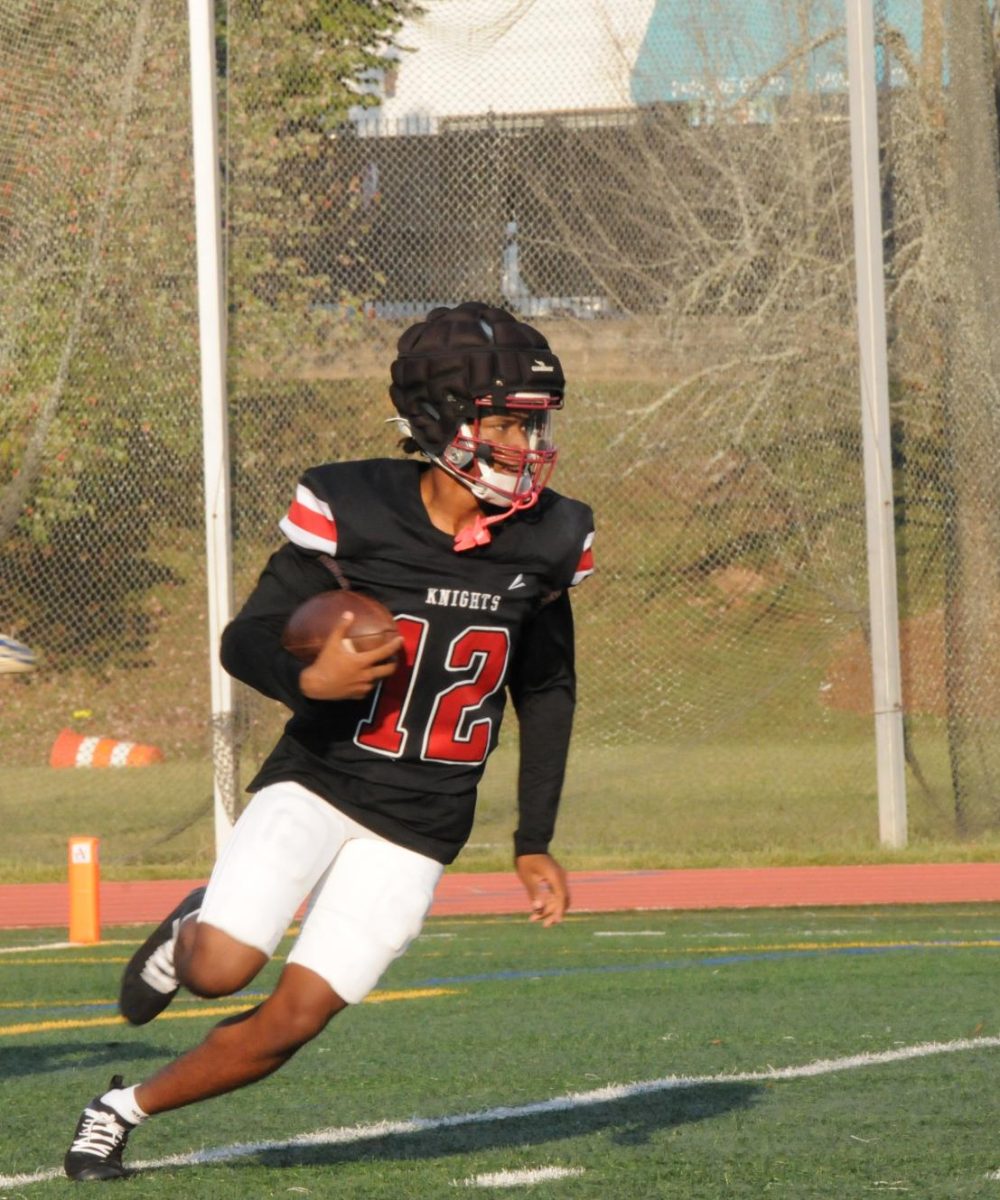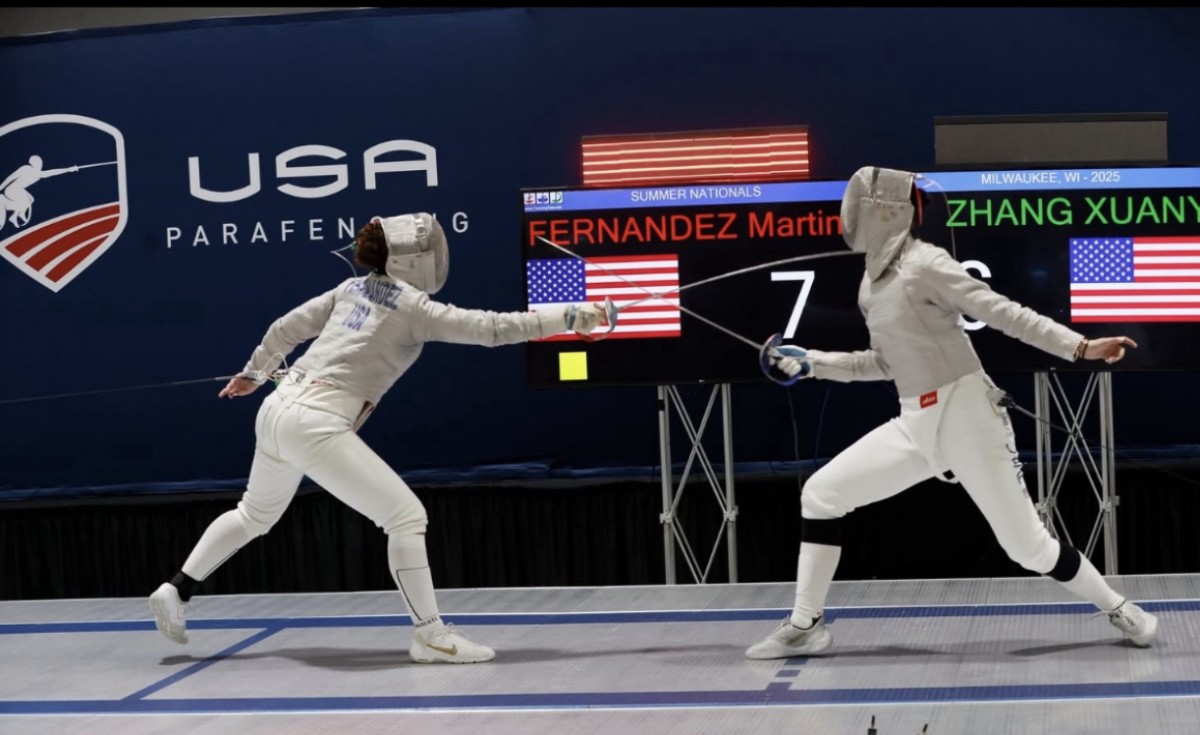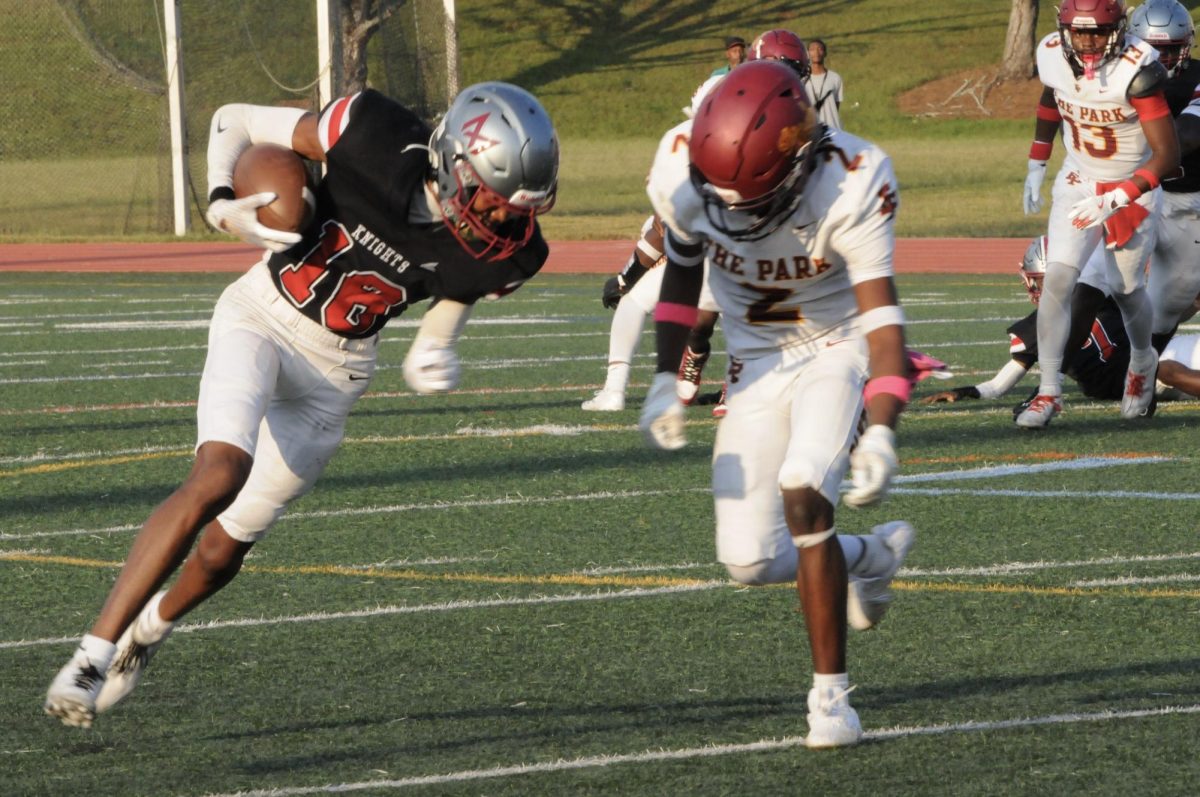From the Curse of Bambino to the Sports Illustrated Jinx, sports have always been steeped in superstition.
Michael Jordan always wore his sky-blue University of North Carolina shorts under his Chicago Bulls uniform. Former hockey legend Wayne Gretzky put baby powder on the blade of his stick before every game. Gretzky said it was a matter of taking care of what takes care of him. Basketball player Jason Terry sleeps in the other team’s official shorts the night before a game.
Former baseball pitcher Turk Wendell was so superstitious, he became more known for his eccentricities than his fastball. Deemed by Men’s Fitness magazine to be the most superstitious athlete of all time, Wendell was known to chew licorice while pitching and then brush his teeth between innings.
The prevalence of superstitions extends beyond the professiolnals. No matter what sport they play, Grady athletes have their own idiosyncrasies. Justin Williams is a starting midfielder on the varsity soccer team and has his own superstitious tradition every time he gets on the field.
“I have this thing where I feel like I have to wiggle my ankles back and forth before a game,” Williams said.
He said the tradition began at a Grady game a couple years ago during warm-ups. His ankles were stiff, so he shook them back and forth to make them more limber. Williams said it probably did not do anything physical to help him, but he played well in the game and decided it would be a helpful routine.
“It’s probably just a mental thing, but I feel more flat-footed if I don’t do it,” he said.
Whether it’s fútbol or football, superstitions are a part of the game. Junior Patrick Carroll, a starting wide receiver on the varsity football team, wore the same Nike tight-fit shirt before every football game because he felt like he would play better in it. He does not believe that this superstition is unusual for football players.
“When you win a game, most people try to do the same thing so that they keep winning,” Carroll said.
Both Williams and Carroll had bad experiences when they neglected their superstitions. A year ago, while playing for his club team, Williams forgot his cleats and was rushing through his warm-up, so he did not perform his usual ankle-wiggling ritual. He believes the lack of his precious routine cost him.
“I felt like my touch wasn’t as good,” he said.
After that game, Williams realized that his pre-game ritual influences his game.
Carroll’s experience involved not his own performance but the team’s. During three colder weather games, Carroll wore a longer shirt instead of his Nike tight-fit shirt. His team lost all three of those games. Carroll doesn’t believe Grady lost because he was wearing a different shirt, but still, he wonders what might have happened if he had worn his lucky shirt.
No athletes revere superstitions like baseball players do, and junior Alex Munger is no exception.
The outfielder said he adjusts his socks from being up to being down or changes the tightness on his belt depending on his performance in the last game. He said this superstition started when he played Little League at Medlock Park.
“It’s not that I think [supernatural elements] are at play,” Munger said. “I know deep down that this really has no effect on me. It’s just something that I do to cope with my performance.”
Munger does not remember a time when he forgot to perform his ritual.
“It probably wouldn’t have any effect on my actual play, but it may have an effect on how I mentally go about the game,” he said.
Superstitions like the ones Williams, Carroll and Munger have may seem silly and unnecessary, but many athletes across several sports at Grady understand the subconscious element of sports and how superstitions can alleviate mental stress. Munger explained why he thinks superstitions are beneficial.
“Most superstitions that you hear about are done by people that are very good at the sport they do, so they could be considered valid because it helps them to mentally prepare,” Munger said.
Williams agreed.
“It’s important to establish a routine,” Williams said. “If you go through [the routine], you know you’re about to play a game.”






